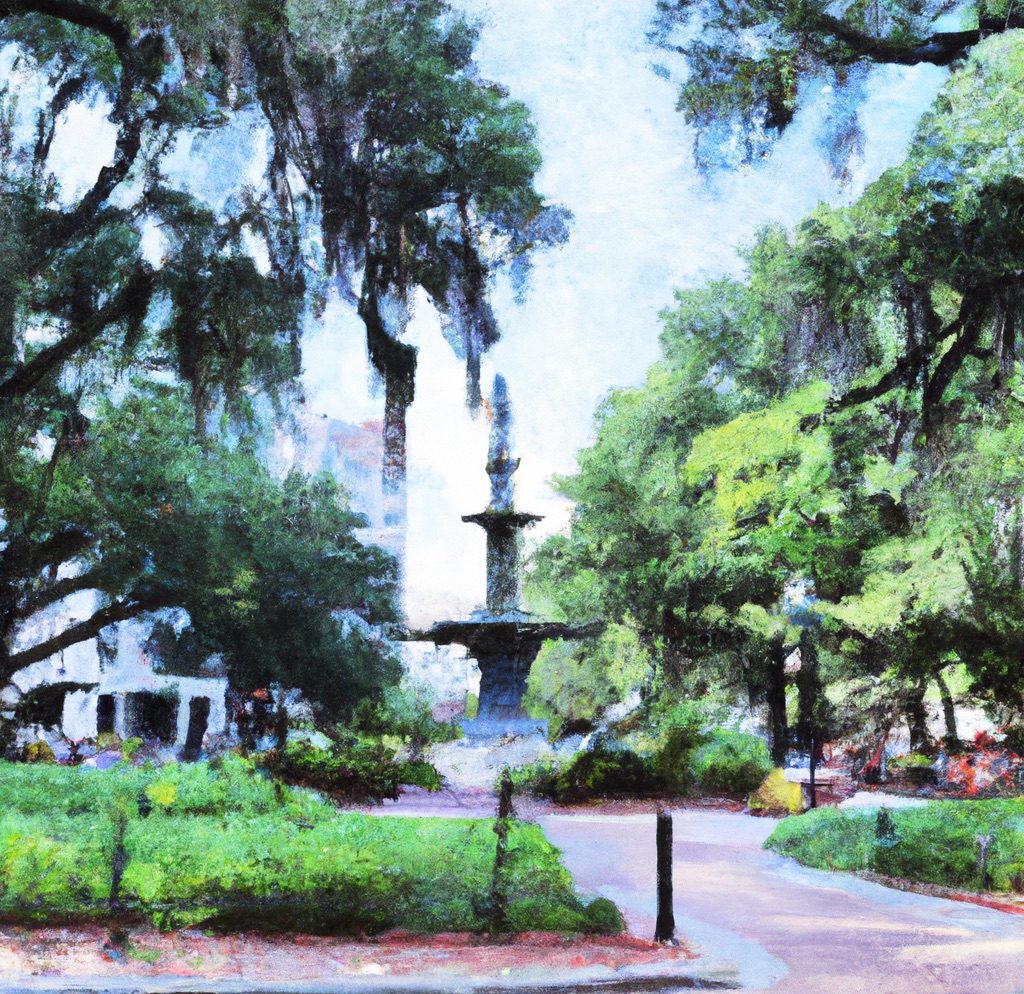Savannah, Georgia, is a city steeped in Southern charm, history, and picturesque landscapes that enthrall visitors year-round. However, just as a rose has thorns, this captivating destination has its less-than-ideal moments when its allure may be dimmed. While Savannah’s beauty remains undeniable, certain periods bring challenges that travelers should consider before embarking on their journey.
1. Sweltering Summer Heat: One of the least favorable times to visit Savannah is during the sweltering summer months. From June to August, the city’s sultry heat can be stifling, with temperatures regularly soaring above 90°F (32°C) and high humidity levels. Walking through Savannah’s charming streets in such conditions can be uncomfortable and draining, affecting the enjoyment of outdoor attractions and activities.
2. Unpredictable Rain and Humidity: Savannah experiences high humidity throughout the year, but it intensifies during the summer months. This, combined with the risk of sudden afternoon showers, can disrupt outdoor plans and make exploring the city’s historic squares and landmarks less appealing.
3. Crowds and Tourist Congestion: Savannah’s popularity as a tourist destination peaks during spring and summer. As a result, the streets can become congested, popular attractions can be crowded, and accommodations might be in high demand, leading to potential difficulties in securing reservations and a less serene experience overall.
4. Hurricane Season Woes: Savannah falls within the Atlantic hurricane zone, with the official hurricane season running from June 1 to November 30. While direct hits are rare, the potential for severe weather, heavy rain, and even evacuations can disrupt travel plans and dampen the vacation experience.
5. Challenging Fall Events: Although fall is generally considered a pleasant time to visit, travelers should be aware that the city hosts a few events that might not align with everyone’s preferences. The Savannah College of Art and Design’s (SCAD) move-in period in September can lead to crowds and limited lodging availability, while the city’s hosting of the Rock ‘n’ Roll Savannah Marathon in November might impact accessibility to certain areas.
6. Off-Season Limitations: Savannah’s off-season falls in the winter months, particularly January and February. While the weather is milder compared to the summer, some tourist attractions and businesses may reduce their hours or even close temporarily, limiting the full range of experiences available to visitors.
In conclusion, while Savannah’s allure remains undeniable, there are certain times when its charm may be overshadowed by challenges that can impact the overall travel experience. The summer’s scorching heat, high humidity, and risk of rain can create discomfort, while the surge of tourists and potential for hurricanes can lead to logistical complications. Additionally, the winter off-season might limit the availability of attractions and services. It’s important to consider these factors when planning a trip to ensure that you can fully embrace the city’s charm without the hindrances that come with less ideal timing. By understanding these potential drawbacks, you can make informed decisions about when to visit Savannah and make the most of your experience in this enchanting Southern gem.

